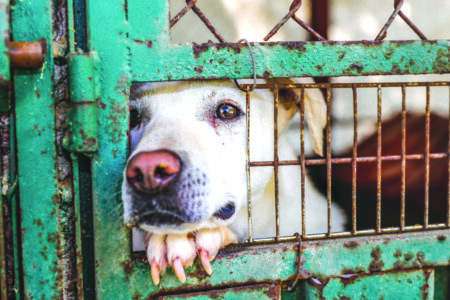Sault Tribe chairman praises Supreme Court ruling
By Journal Staff
SAULT STE. MARIE — The United States Supreme Court issued a 7-2 ruling on Thursday upholding key provisions in the Indian Child Welfare Act that seeks to keep Native American children with their extended family or in a family from another tribe in cases of foster care and adoption.
The decision was praised by Sault Ste. Marie Tribe of Chippewa Indians Chairman Austin Lowes as an important ruling that upholds tribal sovereignty.
“Fifty years ago, forced family separation was a disturbing reality for far too many Native Americans, so today is a major victory for tribal sovereignty,” Lowes said in a statement. “This decision could have undone protections families have enjoyed for decades that state courts place children in accordance with preferences that keep Native children connected to their Tribe when they are going to foster or adoptive homes.
“We are thankful that the court respected our status as sovereign nations and our right to keep children with their extended families and maintain their cultural connections.”
The Indian Child Welfare Act was passed in 1978 to help keep Native American children connected to tribal families and culture by giving preference to those families or Native institutions when they are placed in foster care or adoption situations. Lowes said the law has helped keep children in their communities, which has reduced trauma by ensuring they could maintain contacts with family members and other relatives while in foster care.
The case comes at a time when the Sault Ste. Marie Tribe of Chippewa Indians has been urging Michigan’s state legislature to update state law to ensure that families involved in tribal court systems are able to access state Guardianship Assistance Program funding, it said.
Senate Bills 137 and 138 were introduced earlier this year by Sen. Jeff Irwin, D-Ann Arbor, and Sen. John Damoose, R-Harbor Springs. The bills would make Michigan families eligible for the Guardianship Assistance Program regardless of the court that orders a child’s guardianship. Children with guardianship orders from tribal courts are not currently eligible for the program, nor are children who have guardianship orders from other states.
“Today’s U.S. Supreme Court decision could have undone years of federal law and had significant impacts to tribal sovereignty across the nation, so everyone in Indian Country is breathing a sigh of relief today,” said Jocelyn Fabry, chief judge of the Sault Ste. Marie Chippewa Tribal Court, in a statement. “Now that we know tribal children remain protected under ICWA, we are urging Michigan lawmakers to move forward and ensure tribal citizens are treated equally under the law when it comes to accessing the Guardianship Assistance Program.”


